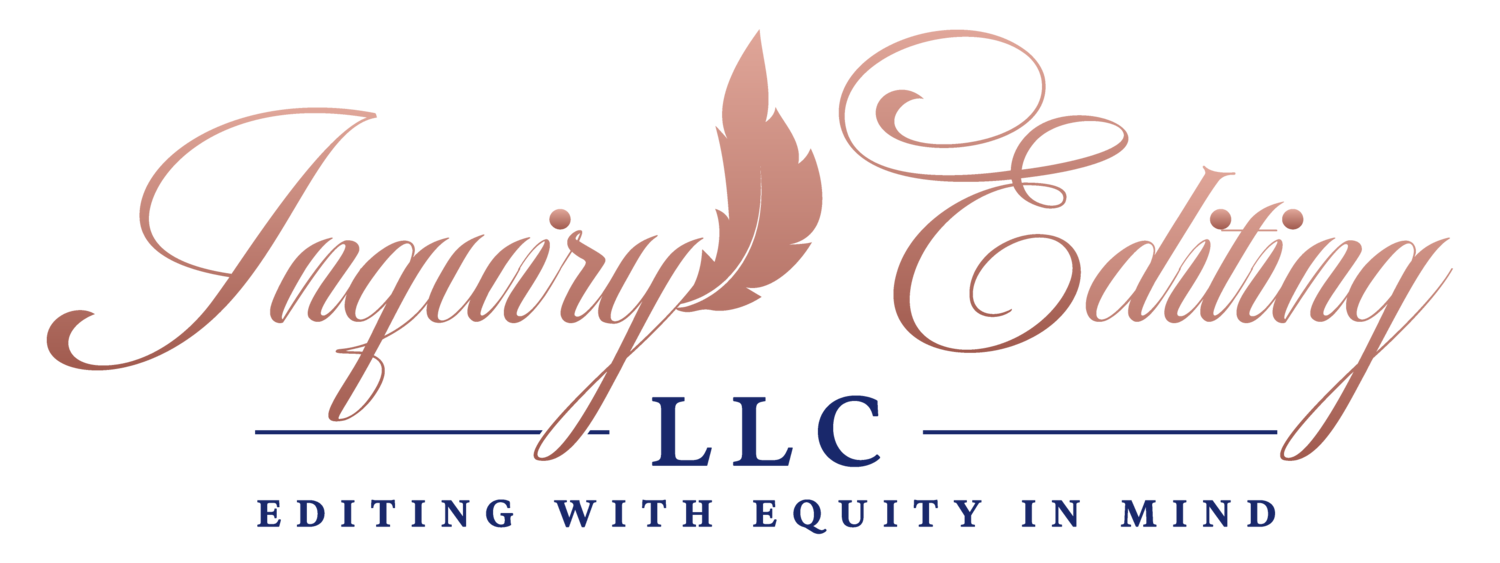Building Blocks: Conversation
Since I have been yammering on about writing as a process, I want to pull on that thread for the next few newsletters/blog posts. What are the building blocks of my process? How do each of them work? Are they Fordist in orientation? Or, do they magically arrange themselves like Blue’s Clues (or Ghostwriter)? I came to, at least, this conclusion: I have several steps I tend to go through. While each of them are helpful, I also find that not all of them are necessary for each project. For the next four weeks, I’d like to talk about each building block.
Now up: conversations.
Conversations actually require one very important skill set. Now, this may be scary for some folks, but you’ll need to figure out who is your best audience for what you need to know. For instance, when I was writing a conference presentation (more on that next week) about Arab American speculative fiction, I got stuck on how I should approach a brief literary history. To my mind, this was a methodological issue. I wasn’t entirely sure whether I was doing too much (more information than the container could hold) or whether I was not doing enough (skirting past the necessary steps to get to the point I was most riveted by). So, I contacted four people. One person didn’t answer. The second person gave me an article they thought did it well. The third person texted me with a set of principles. And, the fourth gave me an anecdote from their career.
To be clear, I wasn’t entirely sure I asked the right question. What’s more, I hadn’t given them any portion of the written work. They were responding to my version of events. Since I had chosen people who had experience, the three answers I received covered both the things about which I asked directly and some helpful auxiliary information. Person number three also asked some clarifying questions.
A conversation about my work usually helps when my idea is partially baked. I tend to know where I’m stuck or where I’m frustrated. I find it helpful to ask people who have the following qualities: 1) relevant expertise and experience, 2) good listening skills, and 3) some faith in what I do. The first and third qualities are self-explanatory. What I mean by good listening skills is not just whether the person is quiet enough to hear you. Do they have helpful interruptions that help you make your point or do they derail you with anecdotes of their own? Do they understand what’s vulnerable about the question? This is not the time to ask the people who tease you. This is the time to ask the people who understand earnestness. Especially if you are, like me, very earnest.
When conversations work as building blocks for writing or research, they often help you learn and/or articulate the details needed from potential audiences. For instance, when speaking to a colleague about their work in disability studies, I pointed out that one of my favorite scholars tends to prefer that people clarify their terms. That scholar is definitely in that person’s audience and, as a field, we are all better for the reminder to clarify terms. Because conversations are extemporaneous, I often end up blurting out something more clearly in speech than I have in writing. Or, I’ll talk myself into the solution (and need someone to point it out to me). Or, someone will ask a question I hadn’t considered. Each time, I am so glad I talked.
So, who you gonna call?
